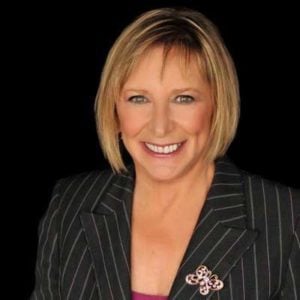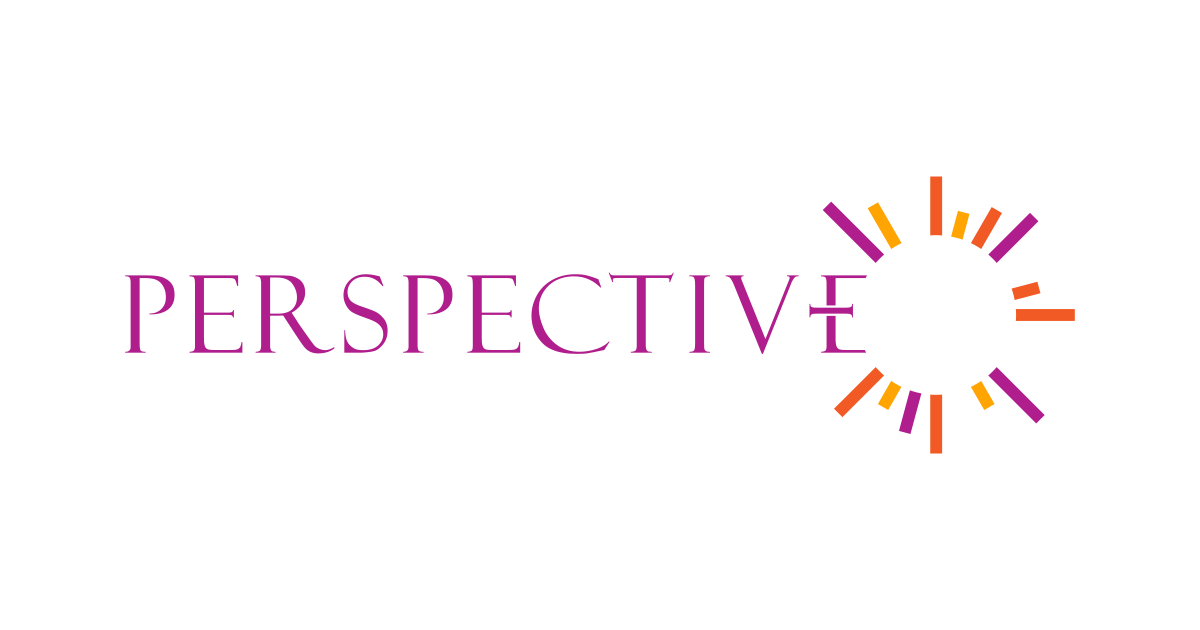
On Sept. 22, Project Anti-racism: advancing inclusion and reconciliation in the Anglican Diocese of Ottawa officially launched into its work with an online keynote address from Laraine Kaminsky, president and CEO of the consultancy firm GlobalLK.
The firm was hired to lead the development and training program, which is mandatory for senior staff, all clergy and all community ministry managers in the diocese.
“This is not easy work,” Kaminsky said, warning the participants that the program is “hard-hitting. It was designed that way because we all need to wake up and realize that inaction is no longer an option.”
She shared a statement that was published online after the murder of George Floyd that she said stood out in her memory from that time. “It is a privilege to educate yourself about racism instead of experiencing it.”
Even though she has more than 30 years of experience in the field educating people about diversity and inclusion, she said it is only more recently that GlobalLK has begun anti-racism education in a very formal, direct way. “I am humbled to be doing this work as a white woman,” she said, noting that her colleagues who would lead the participants through more interactive workshops are women of colour.
Kaminsky offered a more personal introduction, explaining that she was born, raised and educated in Cape Town, South Africa, during the era of apartheid, and it was that experience that made anti-racism work her passion. It was also the reason she chose to leave South Africa and to make her home in Canada.
She quickly made the point, however, that Canada is no haven from racism. She showed a clip of athlete Donovan Bailey explaining that racism in Canada is sometimes a less blatant, subtler form, “racism with a smile,” he called it.
Kaminsky said Canadians often tell her that racism will be a thing of the past, pointing to the ethnic diversity in their children’s classrooms and claim that younger generations don’t see colour. “First of all,” she said, “not to see colour is denial. It is a macroaggression,” not something to be aspired to. Then she pointed out that the perpetrators of violent attacks in recent years against mosques and the Muslim family killed in London, Ont. this past summer were young men. It made the stark point that racism is not a generational problem, and that Canada also has its share of blatant and violent racism.
Systemic racism is embedded in our laws policies, practices, institutions and social and economic systems, Kaminsky said, noting that it leads to exclusion, inequalities and discrimination.
“In Canada, we often don’t like to talk about privilege and power and invisible privilege, but this is a conversation we absolutely have to have.” She encouraged the participants to read books that help readers recognize invisible privilege, recommending Robin DiAngelo’s White Fragility, as an example.
The goal of this type of education, Kaminsky said, is to take participants, who may start at various points on a spectrum of awareness that goes from denial, polarization, minimization, toward acceptance and then allyship and activism.
“Be prepared to do hard work,” she said, explaining that involves working with the mind to “be aware of racism,” with the heart “to be opposed to racism,” and finally with actions to “be anti-racist.”
“That change will only happen if you not only do your work but share your work, so that you become a community that is working as hard at this as you do other aspects of your work,” said Kaminsky.
Participants in the program continued discussions in smaller group workshops that day. The program will be one of continuing education and engagement.


Week of Prayer for Christian Unity annual service to be celebrated at Saint Paul University on Jan. 22